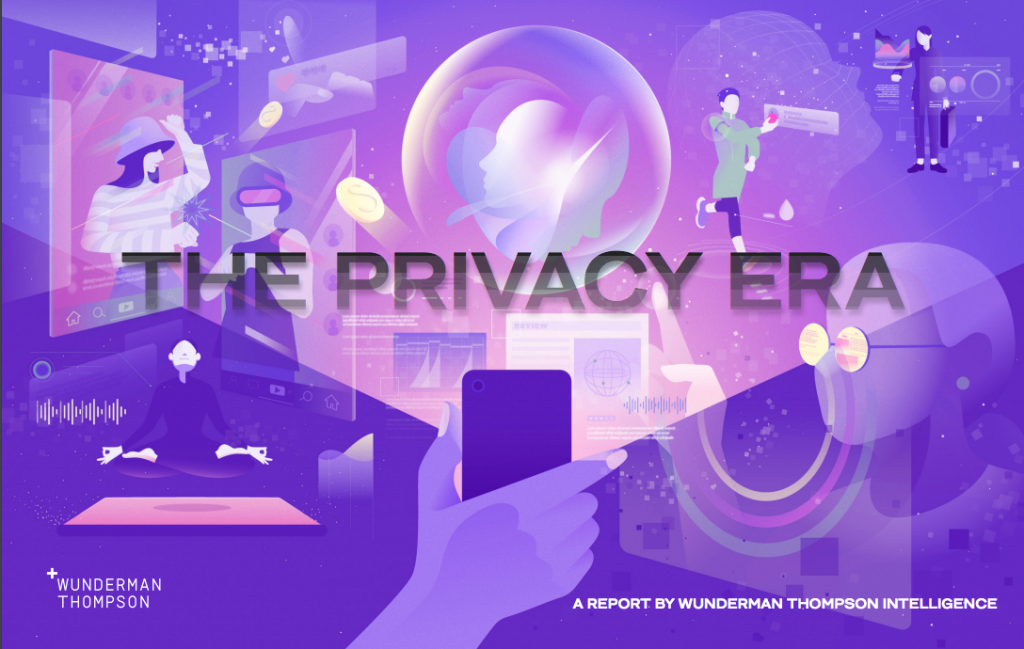Wunderman Thompson Intelligence’s latest report explores how, in response to rising consumer discomfort with the way personal information is tracked and traded online, a new data ecosystem is emerging; including a new value exchange for consumers, a fresh set of rules for brands and a repositioning of the digital identity as equal to the physical body.

There’s a growing ethical problem plaguing consumers, lawmakers and brands; the same data powering the smart technologies credited with improving people’s lives is now the culprit in an avalanche of cybersecurity threats, privacy scandals and the controversial practices of Silicon Valley giants.
This is having an impact across everything from popular culture to politics, and even the fight against climate change. Wunderman Thompson Intelligence’s report shows that current data regulation may not be enough to satisfy consumers, and that a clear exchange, allowing people to control and value their data for services, could be emerging as a way forward.
Highlights from the report:
· Gmail has 1.5 billion users, Facebook 2.5 billion, Twitter 330 million and Instagram over a billion active users
· 58% of Americans are worried about the security of personal information, compared to 52% who are concerned about current national political leadership, 51% worried by gun violence, 47% troubled by the current cost of living and 45% by the quality of education
· 85% agree that it’s difficult to know how to protect personal information and data
· Just 10% are familiar with steps to stop personal information from being shared and sold, and only 15% say they have a good understanding of how data is used
· 89% think companies are deliberately vague about how the “data for benefit” exchange works and the same amount feel this is a bit sneaky
· The comedy camera FaceApp filter has been downloaded over 100 million times
· 84% feel that over the past few years companies have gained more control over their personal information and data than they have themselves
· Only 38% feel they have full control of their personal information and data
The rate at which different applications become popular and are downloaded by huge numbers of the global population means an incredible amount of data is collected every hour. This must be stored safely, closed to intruders and hackers, the intentions around its use must be made clear and it must be kept in considerate ways that are less likely to harm the environment. These problems are wide-ranging and have yet to be solved. Responsible brands would do well to think carefully about what their use of social media means to consumers and what the wider impact may be.
Emma Chiu, Global Director of Wunderman Thompson Intelligence, says, “This is a new era of data management and control. People are feeling confused and upset about how their data is traded, hacked, lost or kept insecurely, with little in the way of clear information or choices about how their details are managed.
“The rulebook for brands and websites is evolving, guided by legislation like General Data Protection Regulation, expanded by explicit data exchange products and informed by guides to digital selfcare. In our report, we cover the state of play today and expand upon the future paths that can be taken to balance data that can improve our lives and how to make sure only that which is necessary is collected and kept safe, putting the power back into consumer hands.”
Source: Wunderman Thompson

You must be logged in to post a comment Login